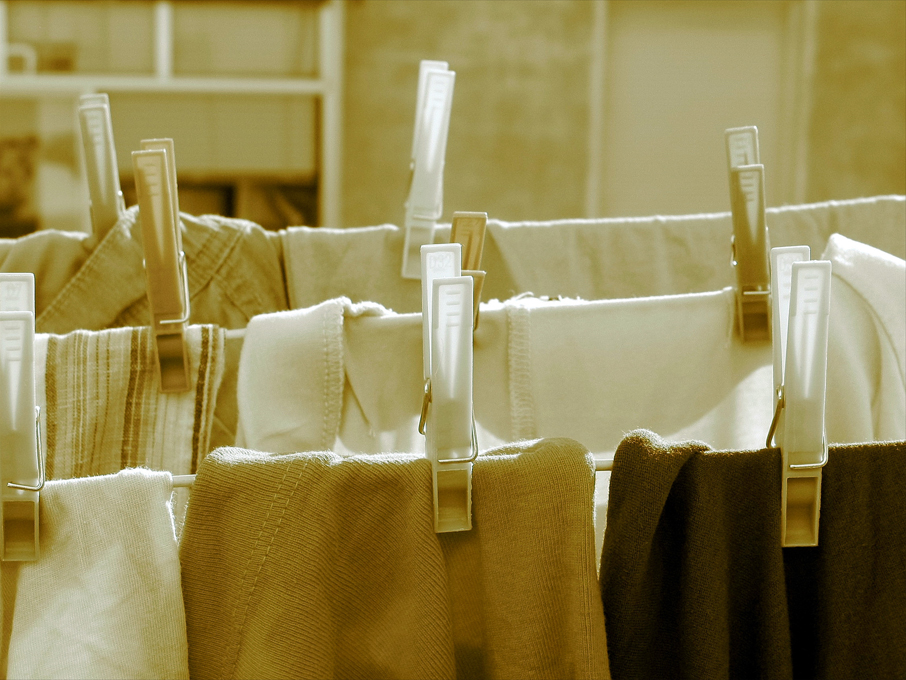Washing Dishes by Hand
Washing dishes by hand is the more traditional method, and it does have some benefits. For one, it allows you to be more careful with delicate items. You can also control the amount of water and detergent you use when washing by hand, saving you money in the long run.
However, there are some drawbacks to washing dishes by hand. First, it can be time-consuming, especially if you have a lot of dishes to wash. Second, it can be hard on your hands, especially if you have skin conditions like eczema.
Nonetheless, there are two schools of thought regarding washing dishes by hand. The first is that hot water is critical. So fill up your sink with as hot of water as you can, add some dish soap, and get scrubbing. The second school of thought is that cold water is better for your dishes. Cold water doesn't remove grease and grime, as well as hot water, but it doesn't break down the fibres in your dishes as much, either. As a result, your dishes will last longer if you wash them in cold water.
So which method is best? The truth is that both ways have their pros and cons. Hot water is better at removing tough stains but can also damage delicate dishes. Cold water doesn't clean quite well, but it's gentler on your dishes. Ultimately, the best way to wash dishes by hand is to use hot water for tough-to-clean items and cold water for delicate articles.
Washing Dishes in a Dishwasher
Washing dishes in the dishwasher machine is the more convenient option. You load up the dishwasher with dirty dishes and let it do its thing! However, there are some drawbacks to using a dishwasher machine as well:
- They use a lot of water and energy, which can end up costing you more money in the long run.
- They can't always get your dishes as clean as if you had washed them by hand (although this has improved in recent years with advances in dishwasher technology).
- Dishwashers can be tough on your dishes and cause them to wear out faster than if you had washed them by hand.
However, you should keep a few things in mind if you want your dishes to come out sparkling clean. First of all, scrape off any food particles before loading the dishwasher. These particles can clog up the dishwasher's spray arm and prevent it from cleaning properly.
Secondly, be sure to arrange your dishes correctly in the dishwasher. Heavier items should go on the bottom rack, while lighter things can go on the top shelf. This will ensure that all your dishes come out clean without water spots. Finally, remember the detergent! Add the recommended amount of detergent to the dispenser before starting the cycle.
Conclusion:
Now that you know the right way to wash dishes by hand and machine, it's time to put what you've learned into practice! Remember, hot water is excellent for tough stains but can damage delicate items; cold water doesn't clean quite as well but is gentler on your dishes. When loading a dishwasher, scrape off food particles and arrange heavier items on the bottom rack; remember the detergent! With these tips in mind, you're sure to have sparkling clean dishes in no time!
"If you're looking for high-quality eco-friendly commercial cleaning products, Office and Hotel supplies, Genesis Supplies is one of North America's biggest distributors. Genesis Supplies has partners across Canada and the United States, including some of the biggest commercial cleaning companies. As a result, we have everything you need to clean from top to bottom!
We recommend Palmolive Eco Gel Dishwasher Detergent and cOde FRESH Dish Detergent, 4L
Visit us any time to replenish your inventory with high-quality, effective, and environmentally friendly cleaning supplies.



